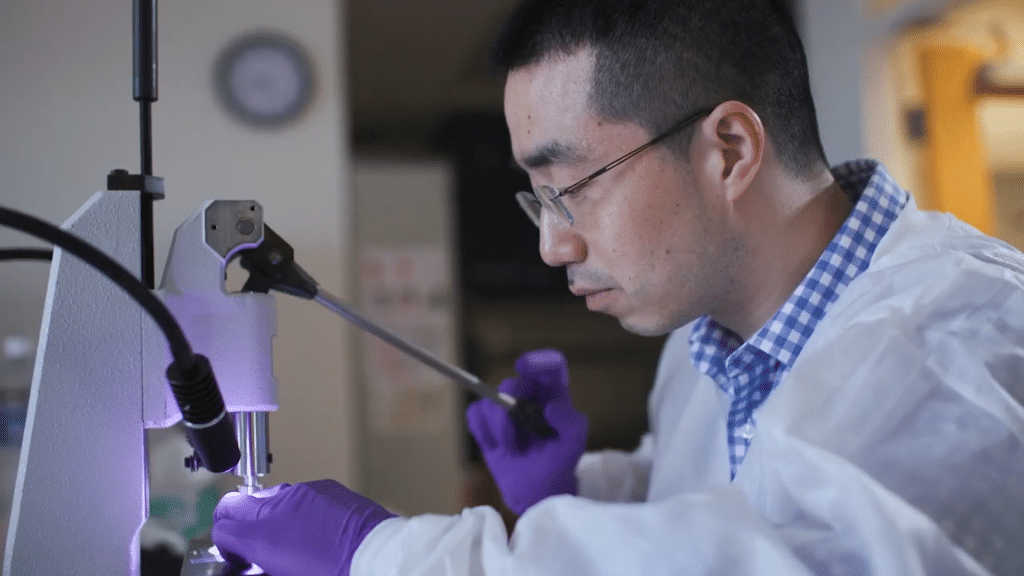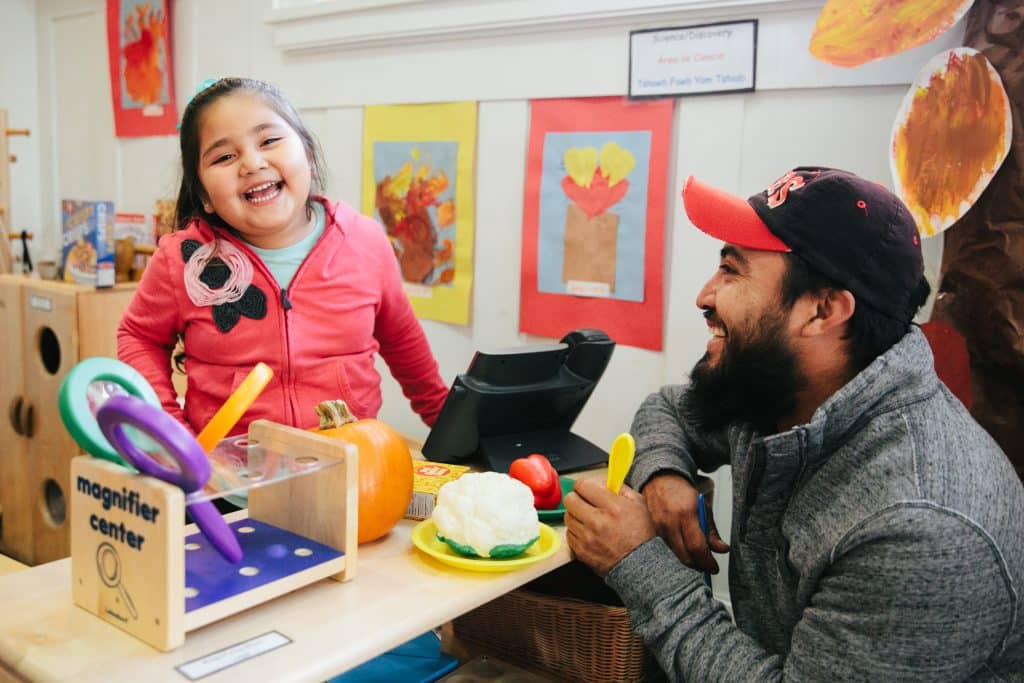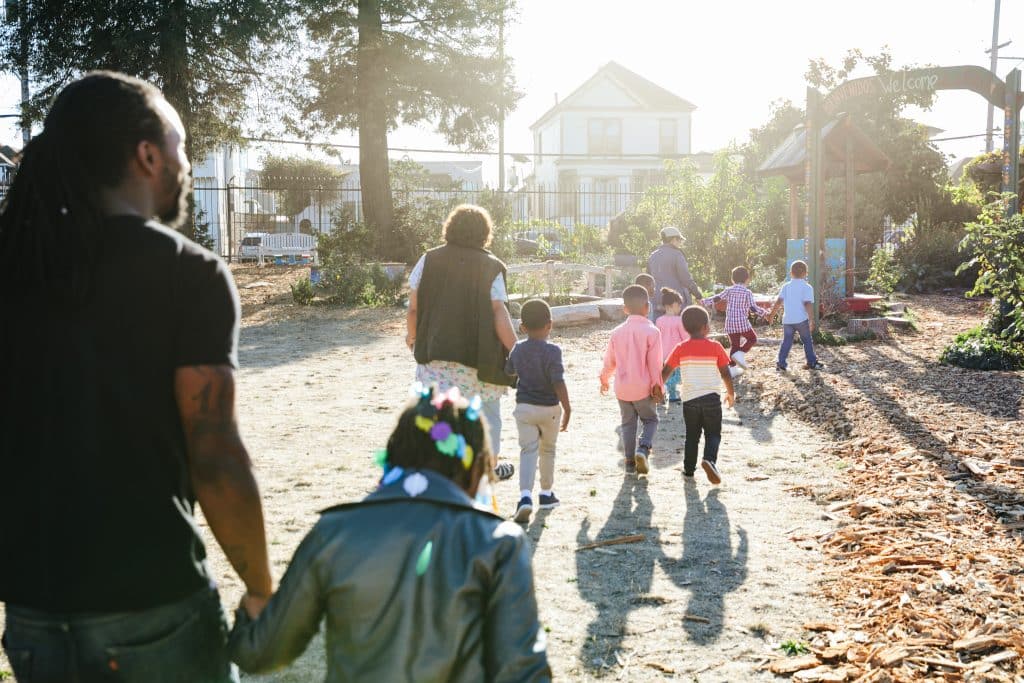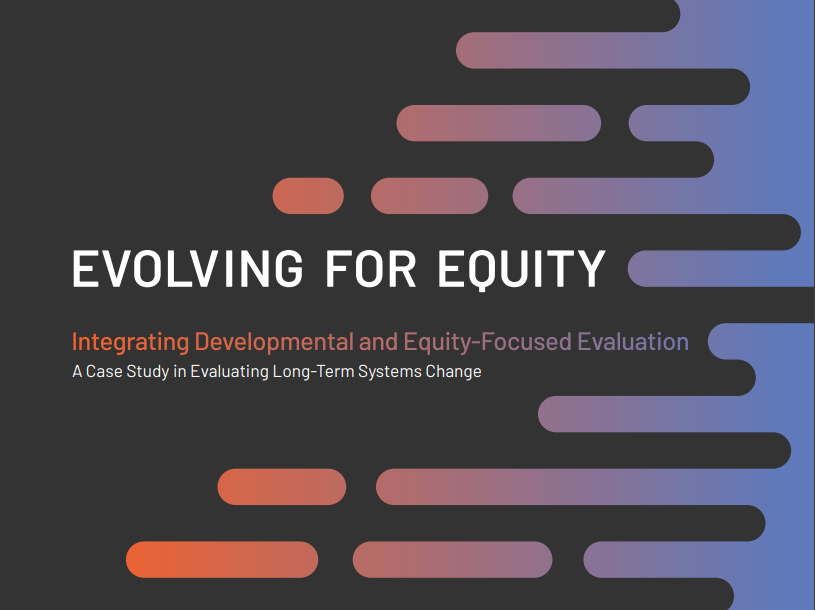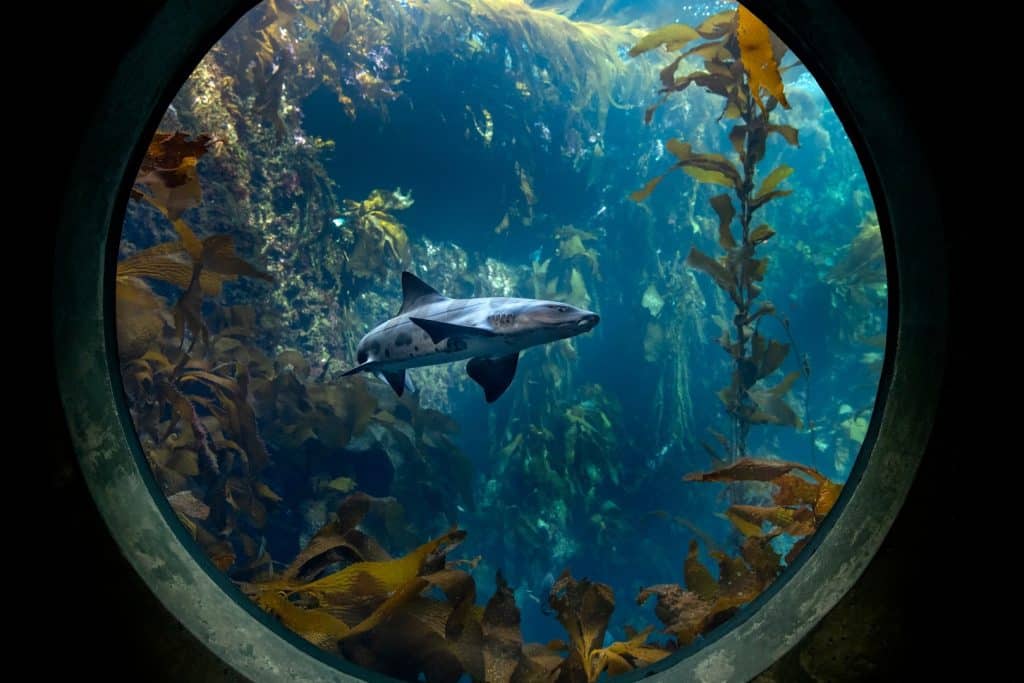A key attribute of the San Francisco Bay Area is that redwood forests and beautiful coastline are mere miles from urban centers. Yet for many kids growing up in the region’s impoverished neighborhoods, the natural landscape is out of reach.
Recognizing that low-income students often miss out on outdoor learning opportunities, two teachers launched an environmental education program based in rural San Mateo County in 2001. For 15 years, Vida Verde has provided free overnight trips to thousands of kids from Bay Area schools.
The short trips are jam-packed with adventure and farm work. The kids take to nature immediately, stimulated by the tactile activities. They walk barefoot on craggy tide pools. They hold baby goats in their arms. They poke their fingers in sticky sea anemones, kiss banana slugs, and chomp on organic veggies.
“It’s kinesthetic learning,” said co-founder Shawn Sears. “Kids do really well being outside and feeling things and smelling them and using all their senses to learn.”
Vida Verde’s coastal farmland and surrounding state parks and beaches are living science and ecology classrooms, where the young participants learn to respect the environment and each other through lessons linked to state education standards.
“Our ideology about kids at Vida Verde is: All kids are good, all kids can succeed,” Sears said, “and it’s our job to provide the opportunities for them to realize their strengths.”
Teachers also appreciate the program, which provides inspiration for curriculums. In teacher evaluations, 89 percent reported a marked improvement in students’ classroom learning and science test scores after returning from Vida Verde, and 96 percent reported a marked improvement in students’ teamwork, self-confidence, and personal responsibility.
Andrew Aguilar, a San Jose teacher, said the experience was “truly transformational” for his fourth-grade students. Through shared experiences, both daunting and thrilling, the group became close-knit.
Soon, Vida Verde’s headquarters will be stationed permanently at Hidden Creek in the community of San Gregorio. With a $1.18 million low-interest bridge loan by the Packard Foundation, Vida Verde was able to act quickly to purchase the rural site for its farm and facilities. The financing was backed by secured donor pledges, allowing Vida Verde to move forward with its plans for its new headquarters. When construction is complete in 2017, Hidden Creek will be home base on overnight trips and the educational barn will be the first LEED-certified commercial building in coastal San Mateo County. The spacious site will permit ample exploration—for the kids as well as the resident chickens, goats, and llama.
